Root canal (endodontic) treatment
Painless and efficiently carried out.
While root canal treatment is often associated with complex dental cases, many procedures address more routine issues that, if left untreated, can lead to serious complications.
In our experience, the most common reasons for root canal treatment are either cracks or deep dental decay which may irritate and/or infect the root canal (pulp).
Dental trauma is another frequent cause, often resulting from everyday incidents like biting down on hard foods, sporting injuries, or falls. Even a small crack or chip can affect the long-term health of the tooth.
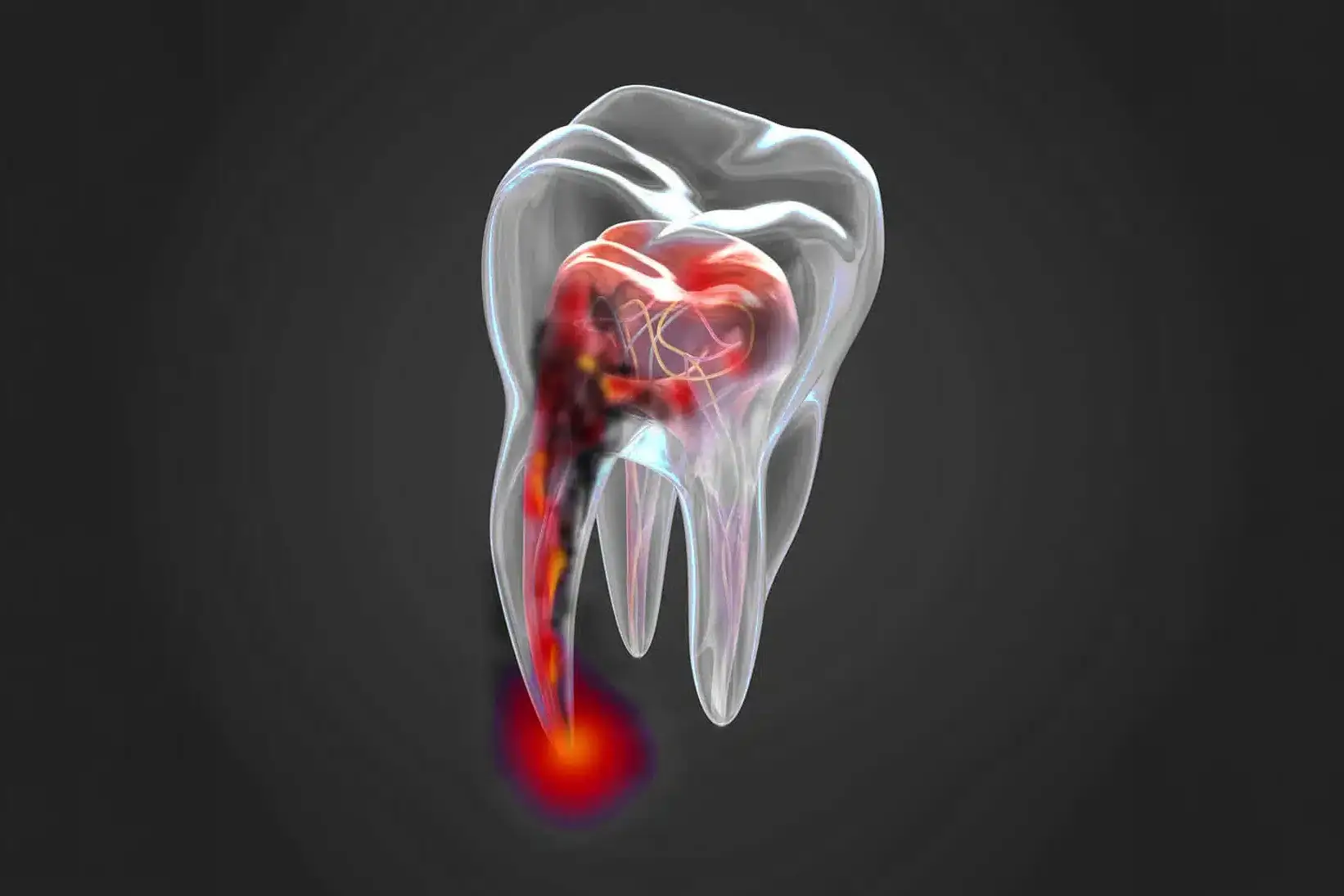
We take pride in being leaders in the use of cutting-edge technology to make treatment for efficient and predictable. In 2006, we were the practice in Europe to intergrate 3D CBCT imaging into our workflow. Now nearly 20 years on we have combined CBCT and use it when indicated with augmented reality technology to make treatment even more seamless and efficient.
We have a particular expertise in treating patients who feel anxious, had difficult experiences in the past or who need complex care. You’ll be supported every step of the way by a calm, experienced team who listen and take their time.
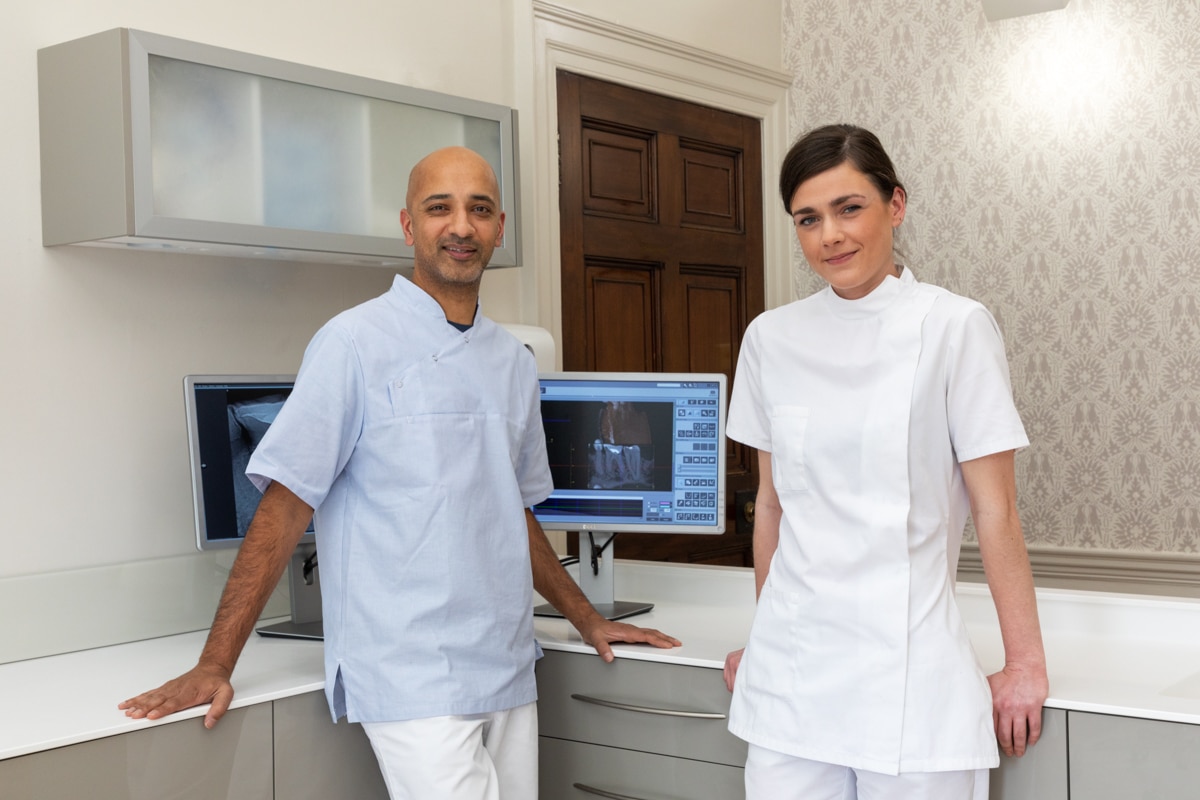
60 - 90 minute appointment
Patients often perceive root canal treatment as a dreaded and painful procedure. This is not the case at Dawood and Tanner, with his depth of experience, Shanon carries out root canal treatment skilfully, usually in a single visit, ensuring the patient has a comfortable, pleasant and pain-free experience.
Root canal retreatment
We often treat patients referred to us with problematic (failing) existing root canal treatment. There are many reasons for this, including, the tooth not being suitably restored resulting in extensive unmanageable dental decay, or an untreatable crack extending into the root and/or due to the complex root canal system not being adequately disinfected and/or sealed.
In the majority of these cases, this can be rectified by re-examining the existing treatment to remove the root filling material, and then thoroughly disinfecting and sealing the complex root canal system. Once treatment is complete a well-executed bonded restoration or crown will be required to enhance the longevity of the tooth.
This treatment preserves your OWN natural tooth usually in a single appointment thus avoiding an extraction or a dental implant.
However, in some instances root canal retreatment may not be viable, but this may only become apparent once the treatment has commenced. For example, the tooth may not have sufficient remaining sound tooth structure remaining to restore it with a crown. In other instances, it may not be possible to completely remove the existing root filling material and thoroughly disinfect the root canal system. In these cases, extraction may be advised and the tooth replaced with an implant retained crown, a bridge, or occasionally a denture.
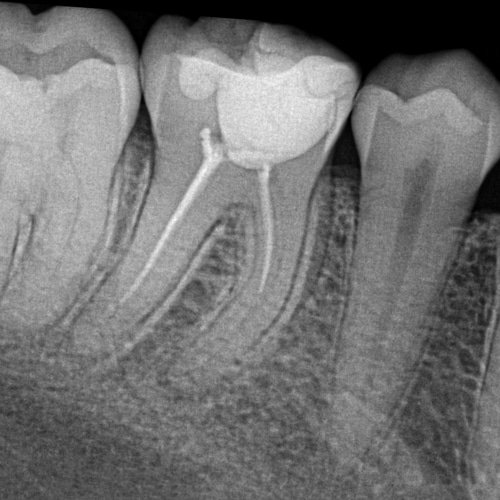
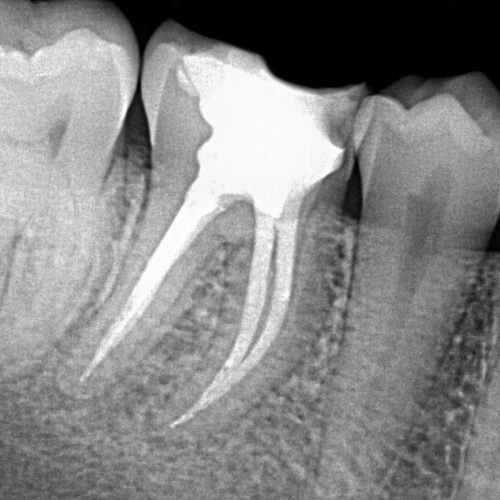
Dental trauma treatment
Dental trauma is relatively common, it has been reported to occur in as many as 33% of the population.
In our experience, these types of injuries often require a multi-disciplinary approach—for example, determining whether orthodontic treatment is needed to realign teeth that have been accidentally displaced, or deciding between implant placement and root canal treatment as the most appropriate solution.
When required, root canal treatment is carried out as soon as practically possible. However, in many instances, we can carry out minimally invasive vital pulp therapy to preserve the healthy tooth and its pulp tissues (nerve and blood supply), thus avoiding root canal treatment.
Traumatised teeth may discolour with time, particularly if they are poorly root-treated; we offer focused whitening treatments to improve the appearance of discoloured individual teeth.
It is essential that patients who have sustained dental trauma, no matter how small the nature of the accident, are reviewed on a periodic basis in the first year, and then annually thereafter.
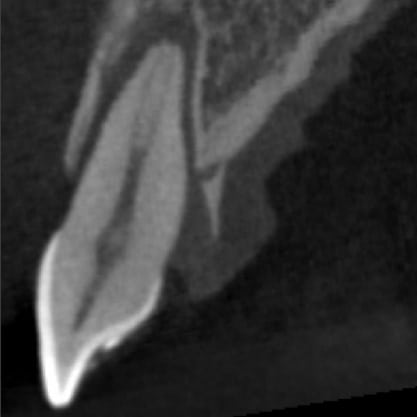
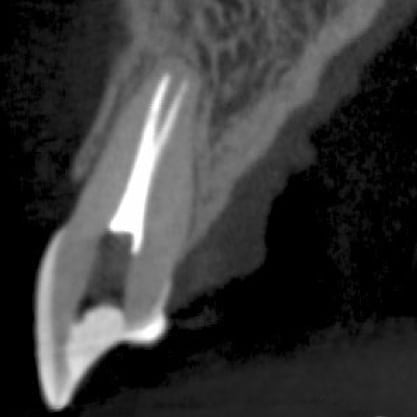
FAQ's about Root Canal treatments
Root canal treatment is a specialist procedure to remove infected or inflamed tissue from inside a tooth. It is often necessary when decay, trauma, or cracks allow bacteria to reach the pulp chamber. By treating the infection early, we can save your natural tooth and avoid the need for extraction.
Thanks to modern techniques and effective local anaesthetic, root canal treatment today is typically no more uncomfortable than having a routine filling. At Dawood & Tanner, we prioritise patient comfort, using advanced equipment and methods that minimise discomfort during and after treatment.
You may need a root canal if you experience symptoms such as:
Persistent toothache
Sensitivity to hot or cold
Swelling around the tooth or gums
Discolouration of the tooth
Pain when biting or chewing
If you notice any of these signs, it’s important to seek professional advice promptly.
Dawood & Tanner offers root canal care by internationally renowned endodontist, Professor Shanon Patel. With access to advanced imaging technology like 3D CBCT scanning and microscope-assisted techniques, we deliver an unparalleled level of precision, even for complex or previously failed cases.
When performed by a specialist team using state-of-the-art equipment, root canal treatment has a very high success rate. At Dawood & Tanner, our expertise in diagnosis, precision techniques, and careful case selection helps to maximise the long-term success and longevity of your treated tooth.
We specialise in retreating previously treated teeth where infection has returned or where healing has not occurred. With enhanced imaging and meticulous care, we can often save teeth that other practices might recommend for extraction.
Many root canal treatments can be completed in a single appointment. However, depending on the complexity of the case and the extent of infection, some treatments may require two or more visits. Your endodontist will explain the recommended plan clearly during your consultation.
Yes, most teeth treated with root canal therapy will require a strong, protective restoration — usually a crown — to restore full function and protect the tooth from future fracture. We work closely with restorative dentists to ensure your tooth is fully restored to health and strength.
Specialist endodontists, like Professor Shanon Patel, have advanced training, sophisticated technology, and vast clinical experience. This allows us to handle complex cases, minimise treatment risks, and deliver consistently excellent outcomes.



